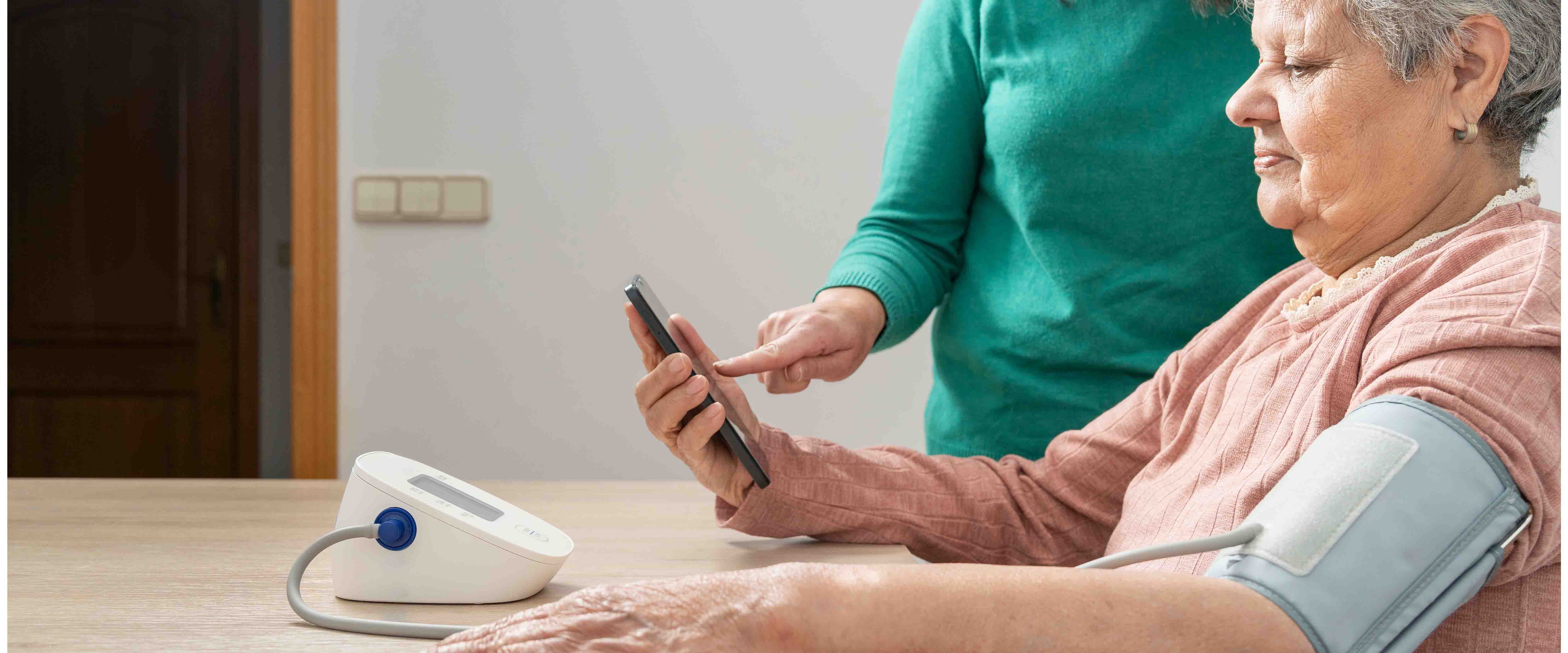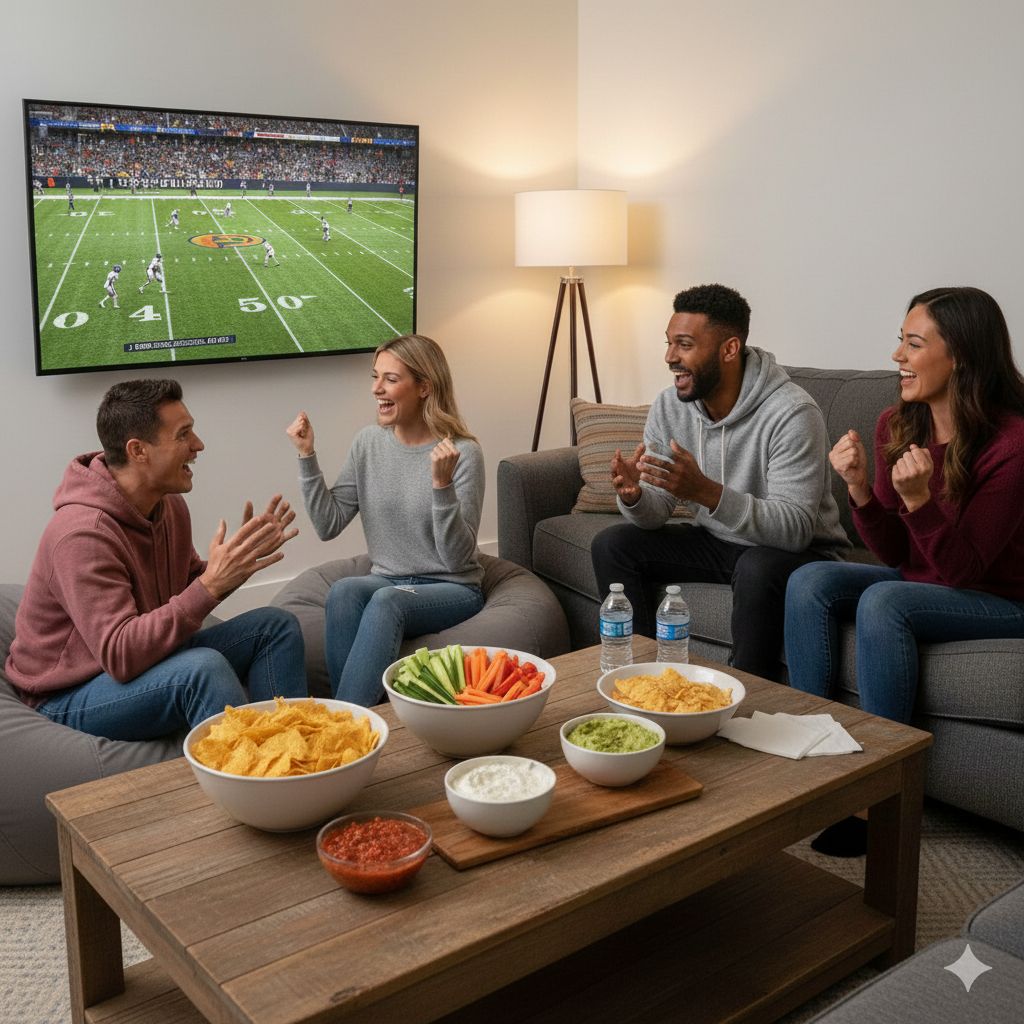In this article:
- Post-workout snacks can replenish glycogen, or stored carbohydrates, in your muscles. They can also supply protein to repair and maintain muscles.
- Post-workout snacks can be necessary if you’re working out intensely, frequently, and for a long duration. Otherwise, eating a nutritious diet can fuel workouts and support muscles.
- Most people don’t need a specific post-workout snack. People who are training intensely, on GLP-1 medications, or losing weight may need extra protein or a post-workout recovery meal or snack.
- If you need a post-workout boost, aim for a ratio of 3-4 grams of carbohydrates per gram of protein. If you need more protein and are on a low-carb diet, try for 20-35 grams of protein.
- Your Lark coach is available 24/7 to help you make healthy choices around nutrition, activity, and more.
Whether you're starting to be active or increasing your duration or intensity, you may wonder about nutrition to support your activity. That's especially true if you feel hungry after workouts or you're thinking about post-workout recovery.
It's important to get enough calories and protein to support workouts and recovery, but you may not need as much extra as you think. Here's what you should know about when you may need a post-workout snack. You'll also learn what to choose, and how much, to stay energized and on track with your weight and goals.
A Post-Workout Snack to Replenish Energy Stores
Your body stores carbohydrates in a form called glycogen. Most of your body's glycogen stores are in your liver and muscles. When your body needs energy, such as when you’re fasting and haven’t eaten for a while, your body can break down glycogen into glucose that the blood can carry to the places in the body where it needs it.
Another time your body might break down glycogen for energy may be during a hard workout. Your body breaks down muscle glycogen so carbohydrates can fuel your working muscles.
Eating a snack with carbohydrates right after a workout can help replenish or restock your glycogen stores. It's most effective when you eat your snack within an hour of finishing your workout. The window from 0-60 minutes after a workout is when absorption is best because insulin sensitivity is high. That means it's easier for your body to remove glucose from the blood and store it as glycogen.
The catch here is that most people don't need a post-workout snack with carbohydrates because they don't deplete their muscle glycogen stores. A moderate-intensity workout like brisk walking uses more fat than carbohydrates for fuel. In addition, workouts less than an hour are unlikely to deplete glycogen. If you're walking, gardening, or doing aerobics for your workout, you probably didn't deplete glycogen, and you can probably wait until your next scheduled meal or snack to refuel.
A Post-Workout Snack for a Protein Boost
Do you need extra protein after a workout? There's a lot of hype around protein supplements, and it's common to turn to protein shakes or bars for a protein boost after exercising.
Protein is essential for muscle building. Your body requires protein for repairing muscle tears that can occur when working out. It’s also necessary for building new muscle and maintaining muscle mass as you lose weight.
Your protein needs are higher if you're working out hard, such as bodybuilding or training for a marathon. Protein requirements are also higher if you're losing weight, especially if you're taking GLP-1 medications. Someone training hard and on GLP-1 medications may need as much as 1.2 grams of protein per pound of body weight daily.
Someone who's on a weight loss diet, using GLP-1 medications, and achieving physical activity guidelines of at least 150 minutes of moderate to vigorous intensity per week may need 0.8 to 1 gram of protein per pound of body weight per day. That's 160-200 grams of protein per day.
Protein bars and shakes can help you achieve this amount. They can be convenient and flavorful. If you can't get enough protein from whole food sources, they can be valuable sources of protein.
Here are some tips if you choose to use protein supplements.
- Spread out your protein consumption throughout the day, and eat plenty of healthy food sources of protein
- Choose products that have 5 or fewer grams of sugar per serving
- Look for products with 2 or more grams of fiber per serving
- Include the calories, protein, carbohydrates, and other nutrients from your protein supplements as part of your daily totals
Ask your healthcare provider if you're not sure about your protein needs.
A Post-Workout Snack for Extra Calories
Exercise can make you hungrier, but your exercise program may not require extra calories, especially if you’re trying to lose weight. Here are some examples of common exercises and how many calories they burn, as well as foods for comparison. The numbers are from Mayo Clinic and are approximate for someone who weighs 160 lb.
Adding exercise may speed weight loss, but you may not need to compensate by consuming extra calories unless you’re training intensely. Be sure to count any calories you eat, even if you’re burning them with exercise.
4:1 Ratio of Carbohydrates to Protein
If you need a post-workout snack because of intense training, sports nutritionists recommend that it have a combination of carbohydrates and protein. For every gram of protein in the snack, there should be 3-4 grams of carbohydrates. A 3:1 or 4:1 ratio supports glycogen replenishment, muscle growth, and recovery.
Aim for 10-20 grams of protein and 30-80 grams of carbohydrates. This may add up to as much as 400 calories, making it more appropriate for a meal. A post-workout meal can be appropriate if your workout is early in the morning before breakfast, in the late morning before lunch, or in the late afternoon before dinner.
Here are some post-workout snacks or meals that have carbohydrates and protein.
- 1-2 slices of whole-grain toast and 1-2 tablespoons of peanut butter
- 12 ounces of skim milk and a banana
- 2 graham crackers and 6 ounces of plain non-fat Greek yogurt
- ½ cup of oatmeal with milk and chopped fruit or berries
- ½ cup of low-fat cottage cheese with peaches, banana, or pineapple
- Whole-grain crackers with tuna or low-cheese
Be sure to count the calories and nutrients in your daily totals.

High-Protein Post-Workout Snacks
Your body can only use about 25-35 grams of protein at one time for protein-specific purposes like building and repairing muscle tissue. If you consume more than this amount of protein at one meal or snack, your body uses it for energy (fuel). Any extra is converted to body fat.
If you’re trying to limit carbohydrates, here are some low-carbohydrate protein snacks or meals with 20-35 grams of protein.
- Scrambled eggs with 3 egg whites. 1 ounce of low-fat cheese, and chopped vegetables
- 3 ounces of skinless grilled chicken, on its own, on skewers with raw or grilled vegetables, or with a side salad, or with a side of broccoli
- 3 ounces of lean ground turkey, optionally with roasted vegetables
- 2 cups of low-sodium canned or homemade lentil soup
- 1 cup of plain non-fat Greek yogurt with 1-2 tablespoons of pumpkin seeds
- 1 cup of low-fat cottage cheese
- ½ cup of beans with 1 ounce of low-fat cheese and a hard-boiled egg

Remember to count the calories, protein, fat, and other nutrients from your snack in your daily totals.
Scheduling Your Workout and Your Post-Workout Snack
It can be simplest and best for weight management if you schedule your regular workout to come before a snack or meal that you already have on a daily basis. That way, you’re already accounting for your post-workout snack or meal and it’s not something extra in your day.
If you’re an early morning exerciser, for example, try having breakfast after your workout. If you’re a late evening exerciser, try scheduling your workout before a light pre-bed snack. Make sure you’ve eaten enough before your workout to avoid low blood sugar; this is an individual situation, and it can take trial and error to decide what works for you.
How Lark Can Help
Physical activity can support heart health, weight loss, and management or prevention of chronic conditions. Proper nutrition can keep you strong and fueled. Lark can help you stay energized with positive choices on a daily basis. Your Lark coach is available 24/7 for encouragement, nutrition and physical activity coaching, and habit tracking. Lark can help you make healthy choices and establish habits that fit into your lifestyle so you can lose weight and keep it off with or without GLP-1 medications.
Click here to see if you may be eligible to join Lark today!



.jpg)








.webp)







-images-0.jpg)

